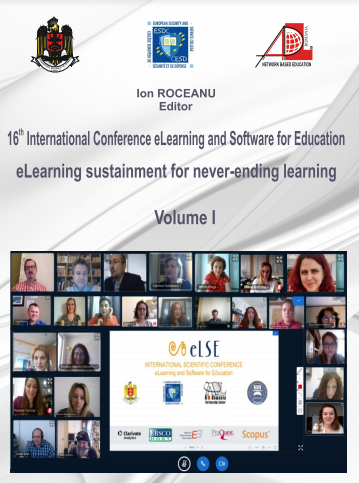THE USE OF FEEDBACK BY STUDENTS - PRACTICAL IMPLICATIONS FOR THE FUTURE LEARNING PROCESSES
THE USE OF FEEDBACK BY STUDENTS - PRACTICAL IMPLICATIONS FOR THE FUTURE LEARNING PROCESSES
Author(s): Laura Pons, Elena Cano, Laia ALGUACIL, Nicoleta DuţăSubject(s): Higher Education , Pedagogy
Published by: Carol I National Defence University Publishing House
Keywords: Feedback; Higher Education; learning processes; motivation; students; assessment;
Summary/Abstract: This paper presents a peer to peer assessment experience. It is an experience with 59 students of the subject named "Educational System & School Organisation" of the Primary Education Bachelor's Degree at the University of Barcelona. In the last years a change in feedback paradigm has been stated. The feedback is understood not only as the information is given but as the actions are taken accordingly. That is, the focus has gone from being in the agent that gives the feedback to being in the agent that receives the feedback. It is about making sense of the information that the student receives and raising concrete changes in his/her future learning processes. From this perspective, the carried-out research analyses the actions done by students as a response to the received peer feedback. Two questions were thrown: (a) What do I have to do considering my peer's comments? (specific actions) and (b) Which changes have I integrated into the next delivery? How have I done it? The main results indicate that students do not propose any action derived from positive comments. Only critical comments lead to changes. In many cases the changes refer to formal aspects (33%) but are also related to the revision of the content (22%) and the extension of the content (24%) and the revision of the processes (17%) or their expansion (31%). The analysis of this experience evidence prior training is needed to involve students in the assessment process, and if so, what content should be included.a
Journal: Conference proceedings of »eLearning and Software for Education« (eLSE)
- Issue Year: 16/2020
- Issue No: 01
- Page Range: 327-332
- Page Count: 6
- Language: English

